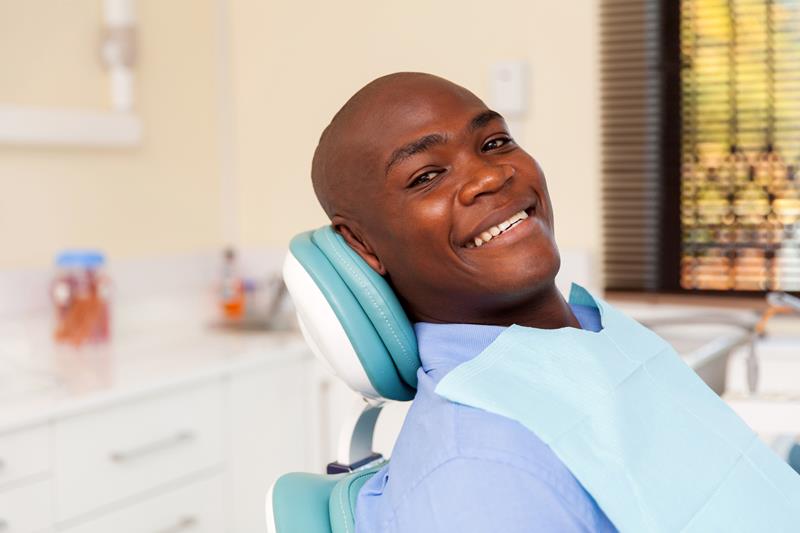Sleep Apnea Treatment

Sleep apnea is a sleeping disorder during which a person's sleep is interrupted by a pause in breathing. People who suffer from sleep apnea often find themselves gasping for breath in the middle of their sleep. This is a result of the respiratory tract experiencing blockage. If left untreated, the condition could worsen and would lead to many serious symptoms. Here's a brief description of the disorder.
What Are the Types of Sleep Apnea?
- Obstructive sleep apnea: It is characterized as the respiratory tract being blocked due to the collapsing of the roof of the throat. The tissues block the airway, thereby preventing the person from breathing.
- Central sleep apnea: It is caused due to a malfunction of the brain. The part of the brain that controls breathing doesn't send appropriate signals to the muscles. Hence, a person would stop breathing for a brief period during sleep and would be woken up, gasping for breath.

There is a third type of sleep apnea called mixed sleep apnea, which isn't seen very often. It is a condition characterized by both obstructive and central sleep apnea.
The causes of sleep apnea vary from person to person. Some of the common factors that determine the condition are obesity, size of one's neck, heredity, age, gender, smoking and alcohol consumption, etc.
What Are the Symptoms of Sleep Apnea?
- Frequent interruption of sleep due to the inability to breathe.
- Loud snoring
- Sore or dry throat
- Severe headaches
- Insomnia
- Decreased activity levels and laziness
- Restlessness
- Decreased sex drive and impotence
- Uncharacteristic moodiness and irritation
- Bruxism or grinding of teeth

The best way to determine whether you're suffering from the disorder is by getting a sleep test done. Another simple way is by recording yourself sleeping and checking the footage for frequent pauses or stoppages in breathing. You would also tend to feel sleepier during the daytime, unlike regular snoring where a person gets good sleep, despite the loud noise.
Diagnosis
A polysomnogram is a multi-component instrument which is used to perform a sleep test. The instrument has surface electrodes, which are attached to a person's scalp and face. It records electric impulses when a person is sleeping and transmits them to the instrument. Also, belts are attached to the chest and abdominal area for monitoring breathing. An oximeter is used to measure the blood oxygen levels during the entire process. A person's snoring levels and any pauses in breathing are closely observed.
How Can Sleep Apnea Be Controlled?
Mild sleep apnea can be treated by simple changes in lifestyle such as quitting smoking and consumption of alcohol, eating a healthier diet, changing sleeping positions, losing weight, etc. However, severe sleep apnea could require active treatment, such as a treatment option called the CPAP (Continuous Positive Airway Pressure). It is essentially a mask connected to a device which renders a continuous supply of air. If a person wears it before going to sleep, CPAP drastically reduces the chances of experiencing a shortage of breath.
Sleep apnea shouldn't be ignored. Most people tend to take it lightly as it isn't a major disorder. On the contrary, it could lead to serious conditions in the future if left unattended.
Office Hours
MON - THU7:00 am - 4:00 pm
FRIBy appointments only
SAT - SUNClosed

